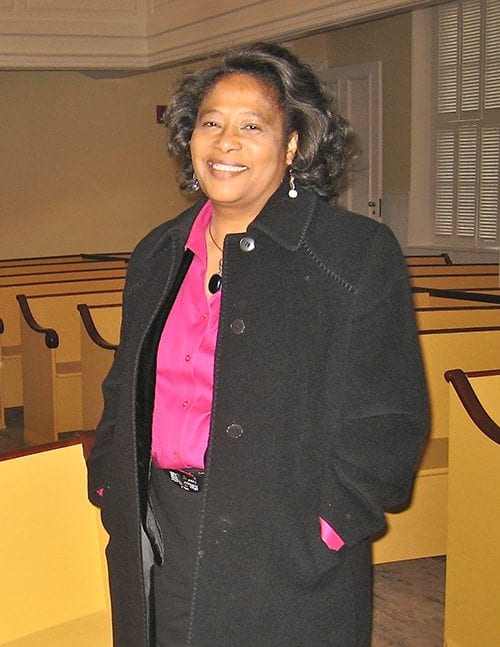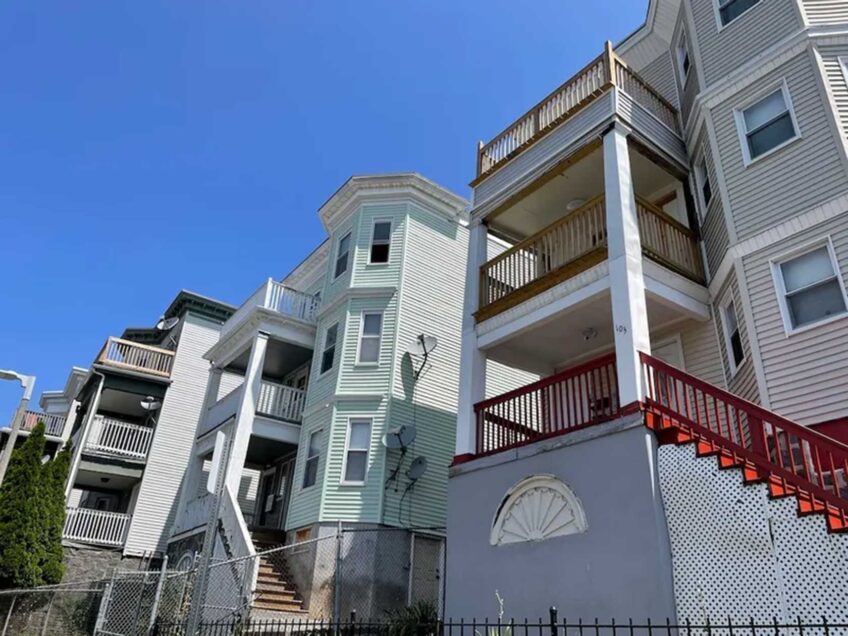
Beverly Morgan-Welch, long-time executive director of The Museum of African American History in Boston and Nantucket, is leaving the organization to assume a senior-level position at the Smithsonian Institution’s National Museum of African American History and Culture in Washington, DC.
As part of the leadership transition, former board chair Marita Rivero will become Interim Executive Director of the Boston-based museum beginning on October 19, 2015. A veteran leader of media and cultural organizations, Rivero stepped down in 2013 as Vice President and General Manager for Radio and Television at the public broadcasting station WGBH and continued in the role of counsel until July of this year. She currently serves as Chair of the Board of Trustees of the National Trust for Historic Preservation.
In November, Morgan-Welch will become Associate Director for External Affairs for the Smithsonian’s newest museum, set to open its doors in 2016. She will have responsibility for directing all aspects of the global strategic vision for development, public affairs, and education programming.
Morgan-Welch has led the MAAH since 1999, presiding over an extraordinary period of growth and renewal, raising more than $15 million to restore and preserve the Museum’s seven structures, including three National Historic Landmarks. She oversaw the award-winning historic restoration of the African Meeting House in Boston, as well as the purchase and preservation of a pre-Revolutionary War home on Nantucket built by a formerly enslaved weaver named Seneca Boston and his Wampanoag wife, Thankful Micah, and occupied by multiple generations of their descendants.





